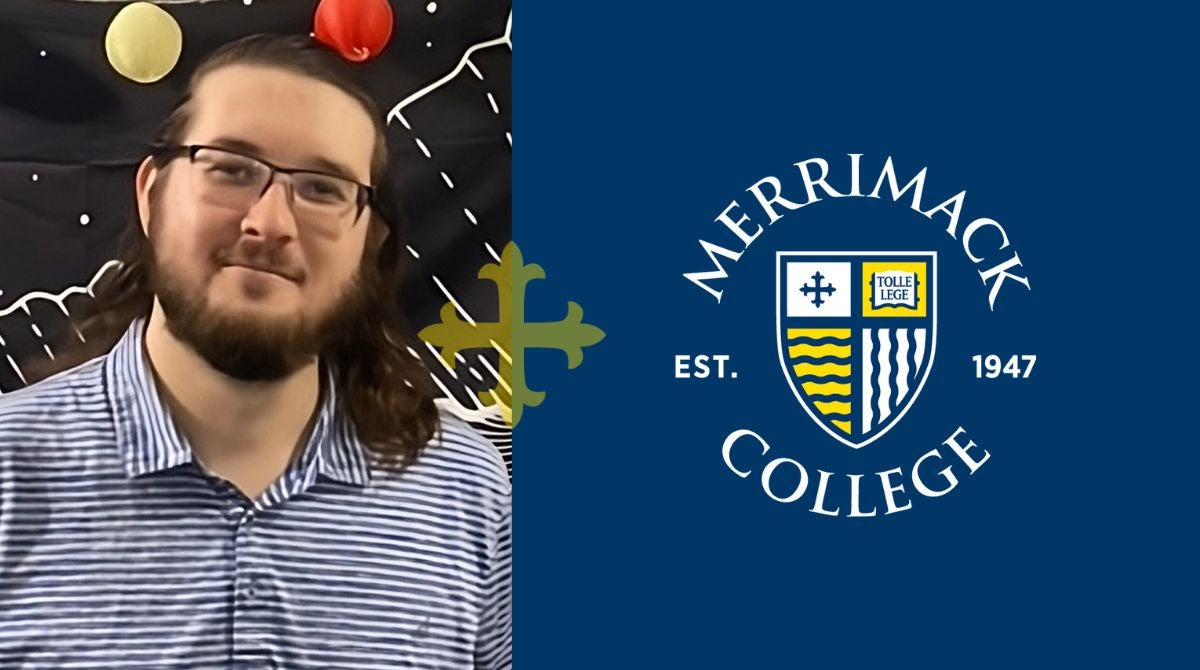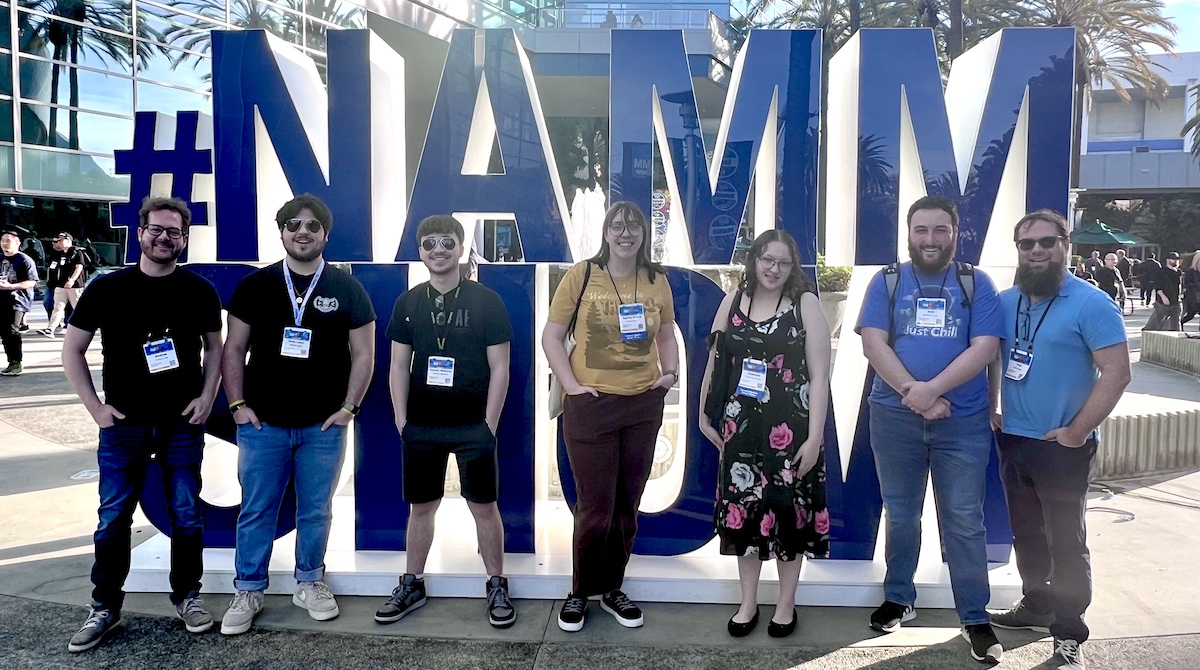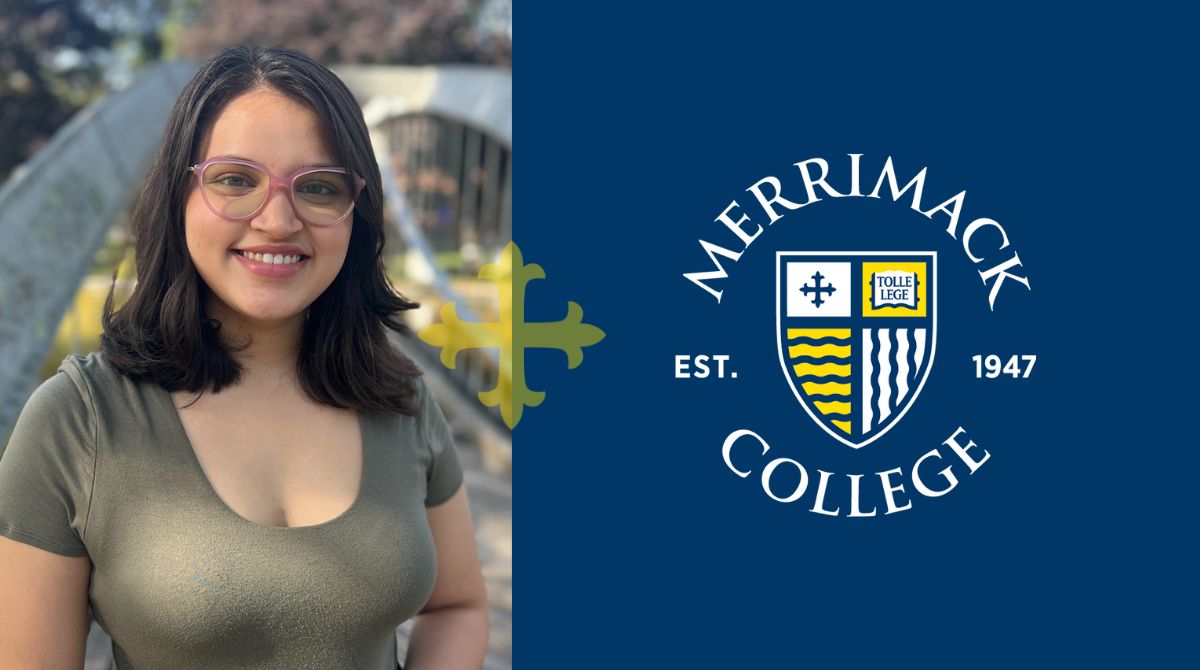Going into Merrimack College as an undergraduate student, John-Paul Haley-Read ’20 M’21 thought he’d eventually work as an accountant. Instead, today he is working on cutting-edge cancer research at Dana Farber Cancer Institute.
“During the events for incoming freshmen, before the school year even started, I spoke with Charlotte Berkes (chair and associate professor of biology) and decided maybe science was the path I wanted to take,” Haley-Read said. “I spoke with her about my interests and she got me looking at biology, particularly molecular biology.”
After taking some introductory courses, Haley-Read officially declared himself a biology major midway through freshman year.
“If there’s a class that you might not necessarily need for your requirements but grabs your attention, that might be something that might guide your degree or your future career,” he advised.
During his junior year, Haley-Read began studying cancer biology under Professor Josephine Modica-Napolitano. He continued the lab work through his senior year, which he later used for his thesis.
“The lab was looking at (a part of a cell called) cytochrome C and the reactive oxygen, and figuring out their differences between regular cells and cancer cells,” Haley-Read explained.
After graduation, he enrolled in Merrimack College’s biology master’s program. Modica-Napolitano, who also serves as director of the program, brought Haley-Read on to research the effects of elesclomol, a cancer medication she co-developed.
“I’ve always wanted to contribute towards finding a cure for some type of cancer,” he said. “(The master’s program) really helped me figure out where I would look for a career. In biology, there are academic and industry sectors. In academia, you get to do a lot more exploratory studies and see all the cool things going on.”
Dana Farber Cancer Institute was eager to hire Haley-Read shortly after he graduated from the one-year master’s program.
“I have a hand in research with some of the post-docs,” he said. “I learned how to perform stereotactic injections, which is essentially injecting cells into the brain of mice. It was just the way things went – I ended up being the main person in the lab who performs that procedure.”
Today, Haley-Read says he goes back and forth on whether he should pursue a doctorate like his colleagues. One thing for sure, however, is that he wants to help the public with his research in any way he can.
“I’ve considered (pursuing a job at) the Massachusetts Department of Public Health,” he said. “They do a lot of interesting work with molecular biology. Working for a state organization that monitors its own research on diseases, that’s sort of an interest.”





